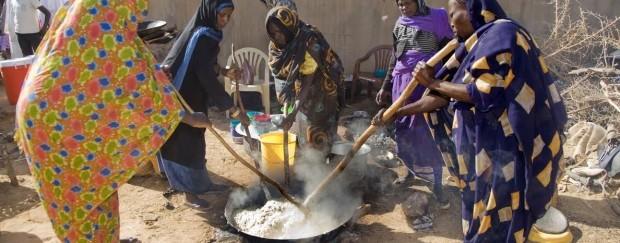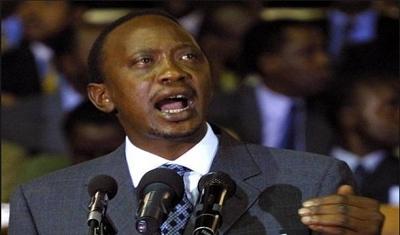
Debating Ideas is a new section that aims to reflect the values and editorial ethos of the African Arguments book series, publishing engaged, often radical, scholarship, original and activist writing from within the African continent and beyond. It will offer debates and engagements, contexts and controversies, and reviews and responses flowing from the African Arguments books.
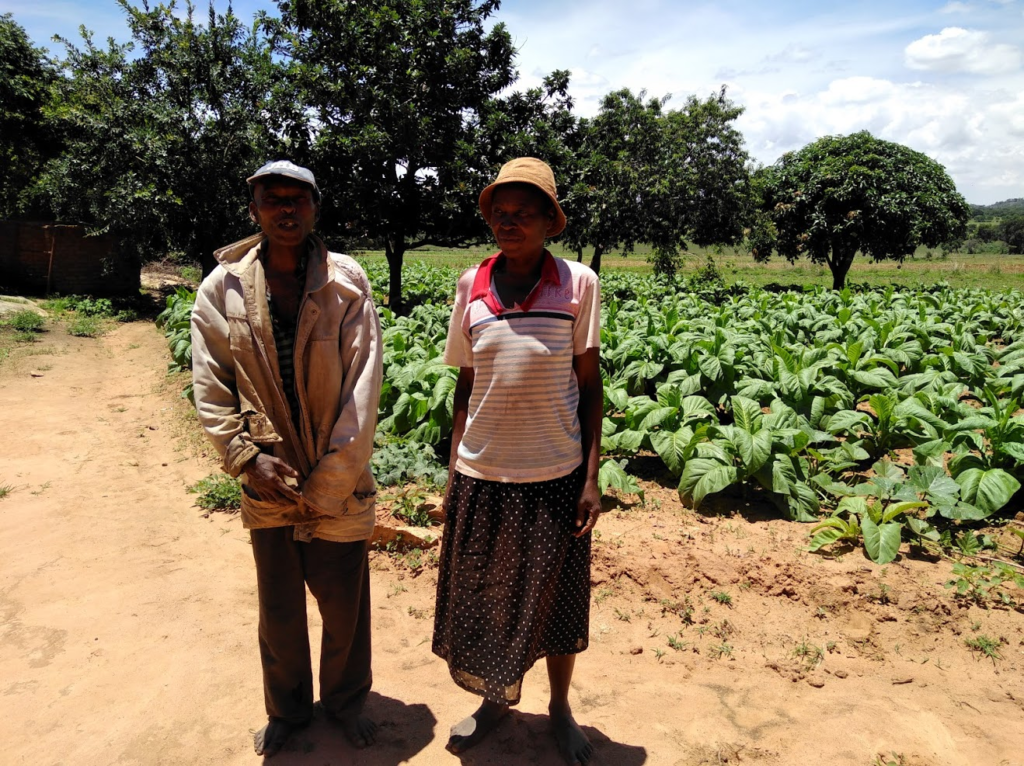
A1 smallholder farmers settled in 2000 in Mvurwi area
The Global Compensation Deed agreement reached between the former white commercial farmers and the government of Zimbabwe on 29 July 2020 is expected to bring closure to the long-outstanding land dispute. The Compensation Deed specifies that the white commercial farmers who were evicted from their land without compensation under the fast-track land reform programme implemented from 2000 will be paid a total of US$ 3.5 billion for the improvements on the farms. The value of the land is excluded from the official agreed figures. The evaluation process began under President Robert Mugabe, but speeded up under the Emmerson Mnangagwa government.
The land question remains contentious, debated along ideological, political and economic lines. The dispute with global capital remains on the altar of sanctified ‘property rights’, the rule of law, and the observation of human rights. With compensation figures agreed and timelines set, however, the joint resource mobilisation committee will now be at work. What will this settlement mean for Zimbabwe’s agricultural sector, the national economy and politics, and geopolitics?
On the government’s part, this step is consistent with the ‘Zimbabwe is open for business’ mantra adopted after the November 2017 coup. It is premised on the idea that appeasing global economic powers opens up access to foreign direct investment (FDI). Under the ‘national reconciliation’ rubric, Zimbabwe’s first Prime Minister Robert Mugabe and South Africa’s President Mandela adopted similar policies in 1980 and 1994 respectively. In both cases this was effectively a capitulation to global geopolitics and international capital dictates – deferring the resolution of the land questions for both countries.
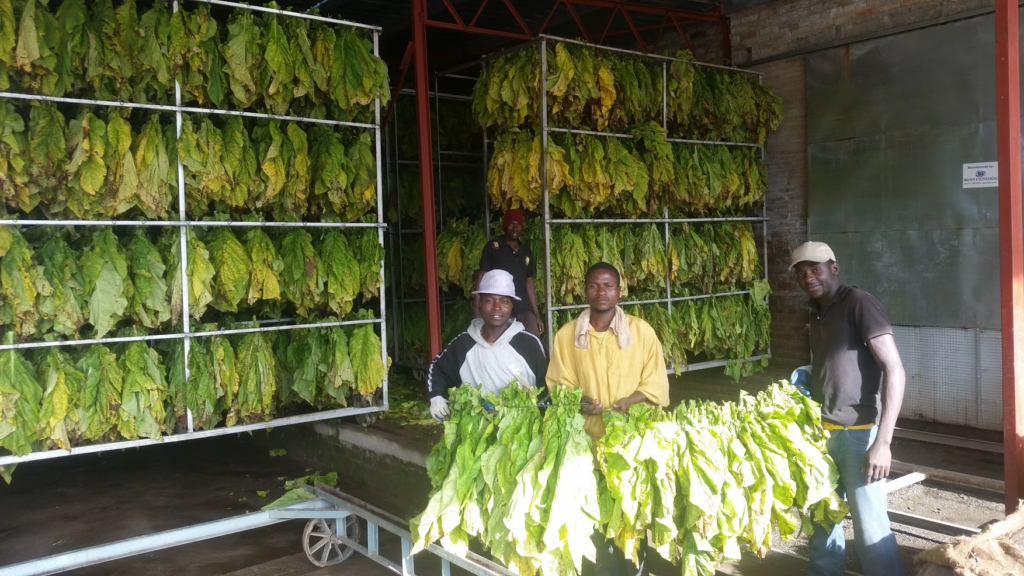
Tobacco curing at the chine joint venture farm in Mvurwi area
The Second Republic identified the resolution of the land question as a necessary step to appease global capital and gain reintegration into the global community – but this time also to meet the conditions set out in the United States of America sanctions law. The 2018 Zimbabwe Democracy and Economic Recovery Act (ZIDERA) (S494) amendments demanded the enforcement of ‘the SADC tribunal rulings’ and compensation of the ‘dispossessed Zimbabwean commercial farmers and agricultural companies’. Established in 1992 by Article 9 of the SADC Treaty, the tribunal court lasted until 2010 when it was suspended at Zimbabwe’s bidding. Prospects of resuscitation are miniscule.
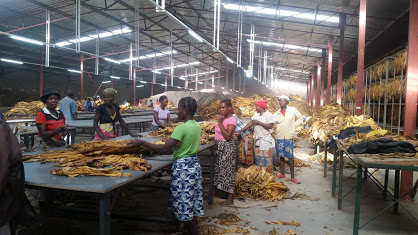
Tobacco grading by women workers at a Chinese farm in Mvurwi area
I argue that expectations that the ‘Compensation Deed’ will enable Zimbabwe’s welcoming into the global community, regaining food security, propelling economic growth and inclusive development are patently false, if over ambitious.
The first of these arguments is based on the issue of full respect for property rights: this entails payment for the full value of land and developments. However, Section 72 (3) of Zimbabwe’s constitution only covers ‘improvements’, not the land itself. That is why, beyond the US$ 3.5 billion agreed for farm improvements, an additional value of $3.2 billion for the value of land was agreed upon only in secrecy.
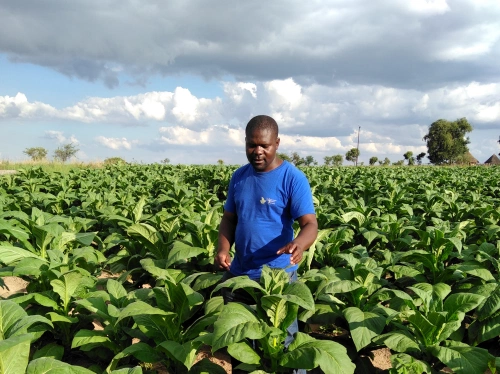
A1 small scale farmer resettled in 2000
Secondly, most Zimbabweans were excluded from the deliberations (the government signed an elite deal with the former white farmers). It is little wonder there is broad opposition from varied sections of the population. Third, the agreement sought only to address property clauses; eschewing some aspects specified under United States sanctions centring on respect of human rights and the rule of law. ZANU (PF)’s unrelenting state-led abuses would have to stop. Fourth, not all the 3,000 dispossessed former white farmers voted in favour of the agreement. At least 4.5 per cent voted against the Deed, who combined with those holding land under bilateral trade agreements, also excluded from this Deed, may end up sustaining the land dispute. Moreover, ongoing land grabs, and joint ventures between former white commercial farmers, some foreigners, and resettled farmers as well as contract farming continue to displace the peasantry.
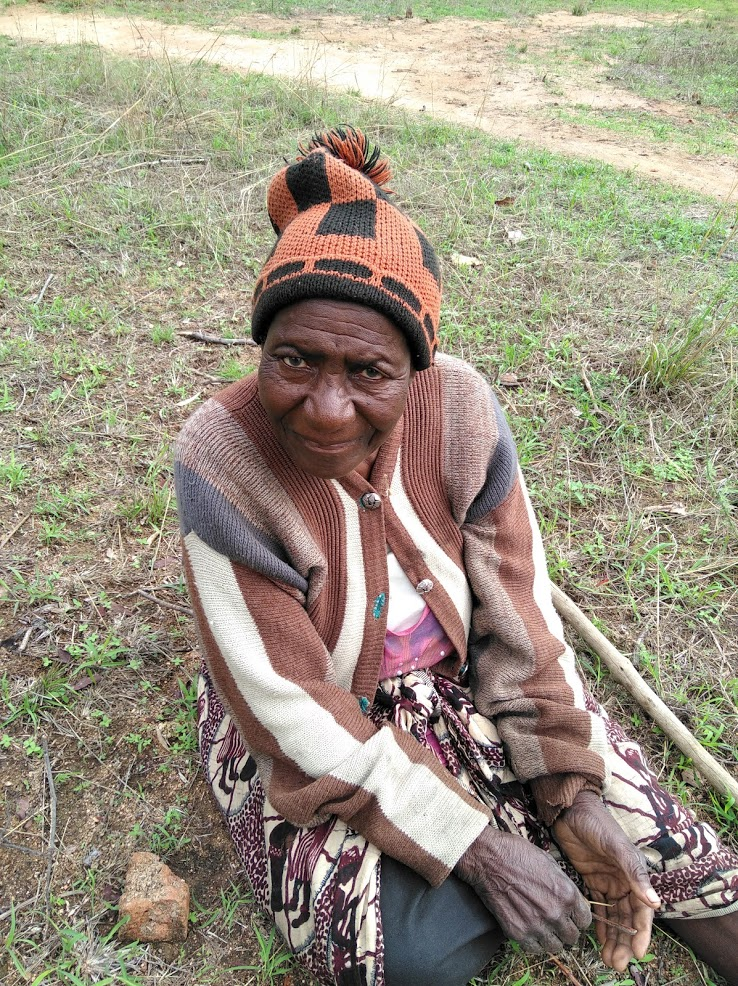
Communal area farmer in Chiweshe
Finally, compensating the former colonisers confirms that ‘Black Lives Don’t Matter’ as some have argued. Importantly, there is no debate about the fact that this land was stolen from indigenous Africans during colonisation, from the late 1800s. Africans were proletarianised to work in the minority white economy and an exclusionary white-led accumulation model replaced Hurudza – the emerging black farmers.
Where was the sanctified ‘Property Clause’ during colonial dispossessions? This Eurocentric techno-modernistic conception predominating the land reform discourse was only applied after the ‘Land Apportionment Act of 1930’ to subjugate the Africans and protect the new white owners. This history is significant, yet only the veterans of the liberation struggle had voiced uneasiness over lack of compensation for Africans’ century-long land deprivation. Regrettably, as Zimbabwe prepares to borrow at least US$ 6.7 billion, mortgaging future generations, this history is disremembered, while the national economy, already in crisis, will likely continue sliding.
The signing of the Compensation Deed fortifies historical injustices, signifying that indeed black indigenous Africans continue not to matter. No wonder destitute former farm workers, excluded from the United States sanctions law, are also missing in the agreement as indigent former farm owners are prioritised.

Resettled war veteran in his fields in Mvurwi area
Oddly, as neoliberalism takes root under the Second Republic, this external outlook solidifies how Africans are side-stepped and replaced by the Bretton Woods institutions in policy formulation processes and influence, notwithstanding local opposition from war veterans and some civil society groupings that might increase. Under the influence of the Chinese-Commandist-Capitalist model epitomised by the patronage prone ‘Command Agriculture’, of the Second Republic, the voices and interests of ordinary citizens are side-stepped.
Also torn in policy confusion, akin to the ruling party, is the opposition in its various fractions, providing neither alternative policies, narratives nor hope. Thus, the Chinese-Commandist-Capitalist patronage policy framing is motivated and driven by corruption, managed in familial and military closets. In spite of its Western outlook, serving only to hoodwink the global community, the patronage-prone policy advances an elite-centred primitive accumulation.
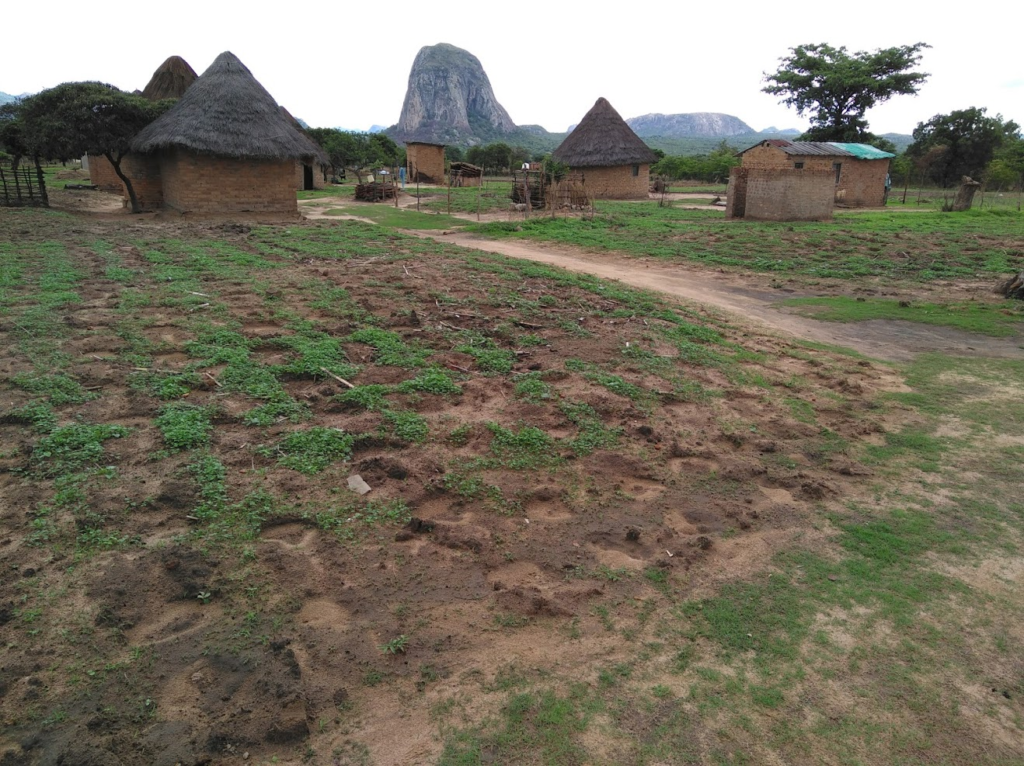
Zero-tillage farming in communal Chiweshe
The technocratic land reform programme of the 1980s and 1990s was viable, nevertheless slow. Overemphasis of property rights eschewing the right to development for indigenous populations partly slowed the programme. Regrettably, Britain and the USA refused to honour the Lancaster House conference promises, never mind the various versions of explanations for the decisions. With the World Bank continuing to play an active role in the consummation of the Deed, can Zimbabwe expect a different outcome relative to the 1998 conference commitments and eventual default? The verdict is still to come out.
Nevertheless, this renders no excuse for the ongoing corruption and unrelenting human rights abuses in Zimbabwe today.
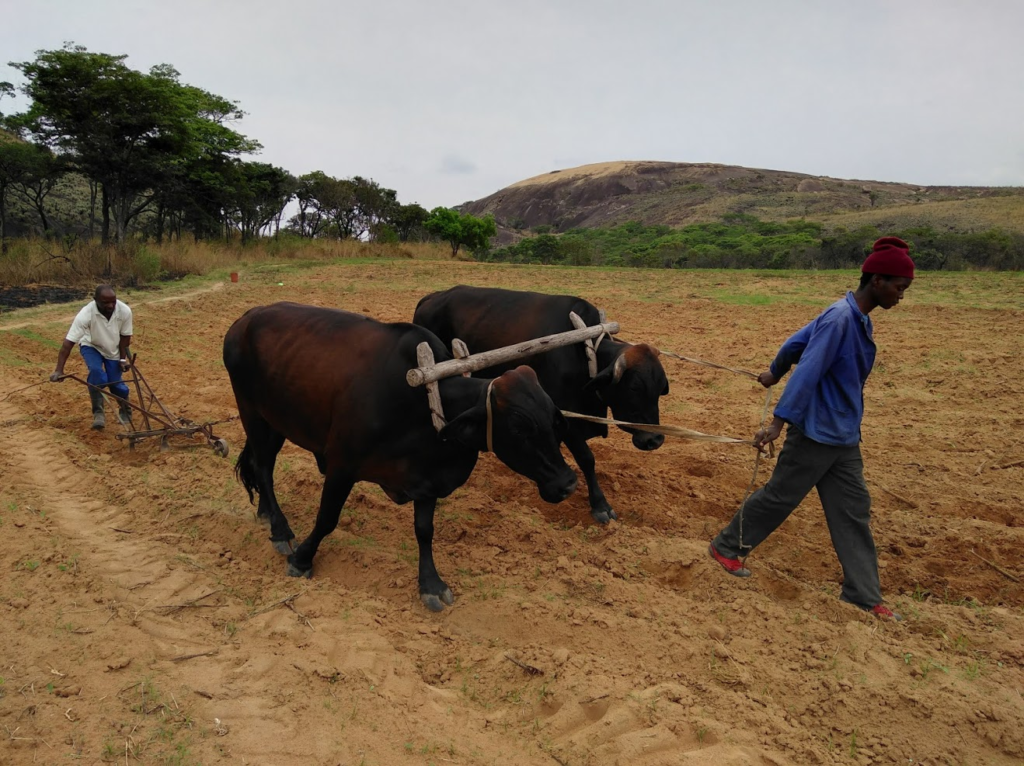
A2 farmer in Mvurwi farming area
*Zimbabwe Now: Post-Coup, Mid-Covid is a five part series co-edited by David Moore and Brian Raftopoulos.


